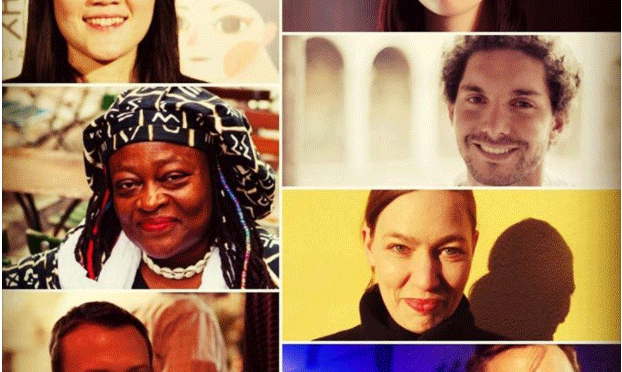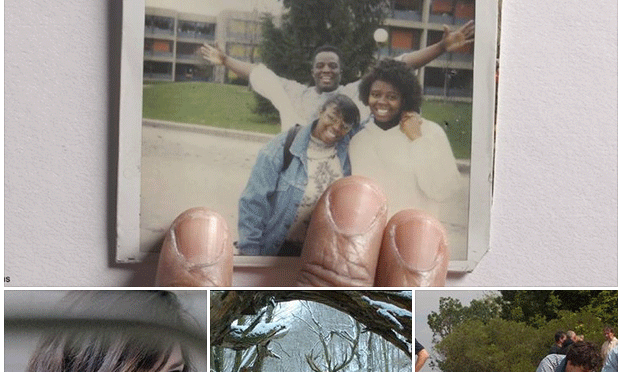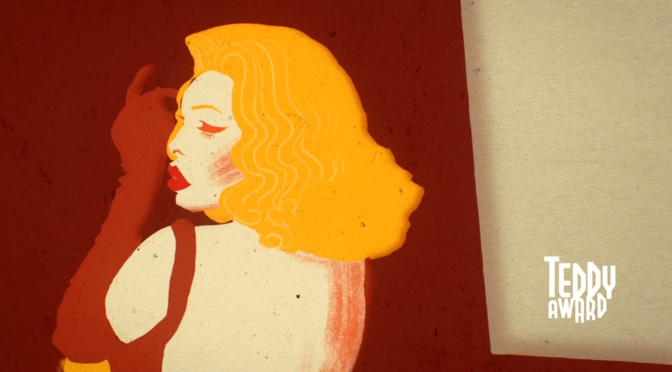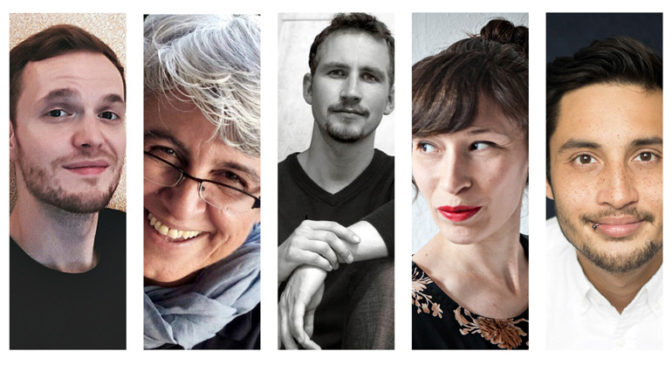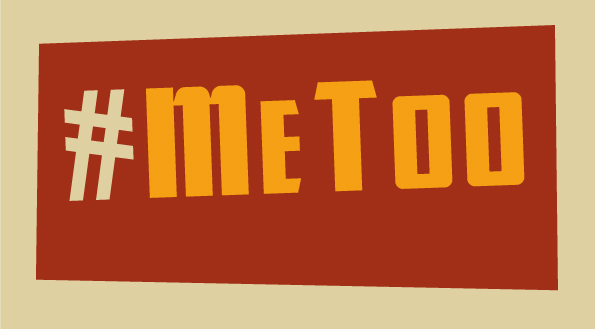This is the TEDDY AWARD Jury 2018
Antonio Harfuch
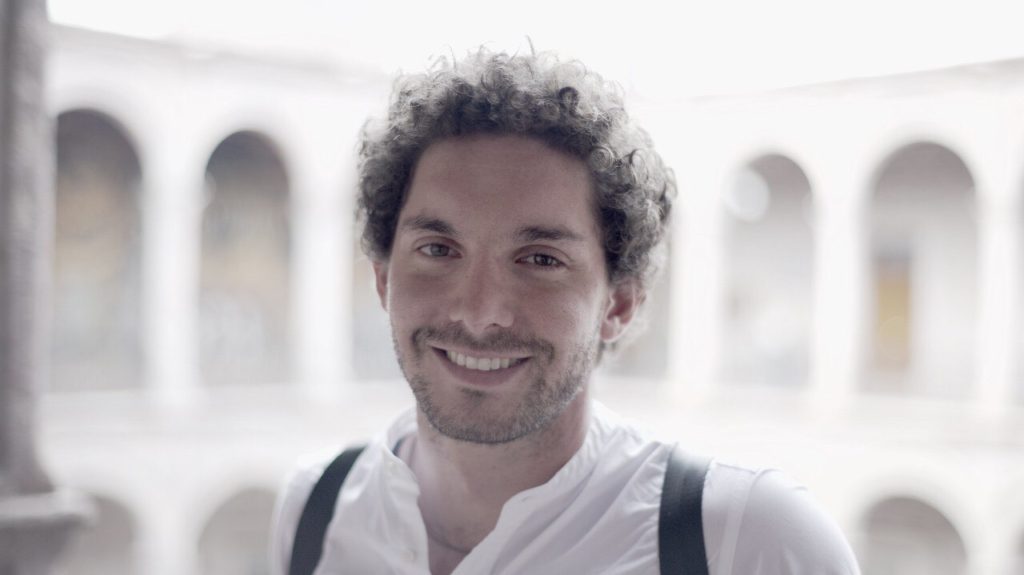
Antonio Harfuch is a content producer and film curator living in Mexico City. He has worked in several media production companies including Zamora Films, The Maestros, Redrum, Piano Films. Since 2015 he has been a film curator for the Morelia International Film Festival, one of the most influential film festivals in Latin America that just celebrated 15 years, where he is also part of the team producing content for the festival’s social media. He is the founder & coordinator of the Genre and Sexual Diversity Section for the Morelia International Film Festival, a program of Mexican queer shorts films that emerged from this festival. He is strongly committed with the promotion of LGBT films and more broadly with films that showcase the richness of human diversity. He is currently a columnist on film for Fusion, a Spanish language news and cultural website.
Bohdan Zhuk
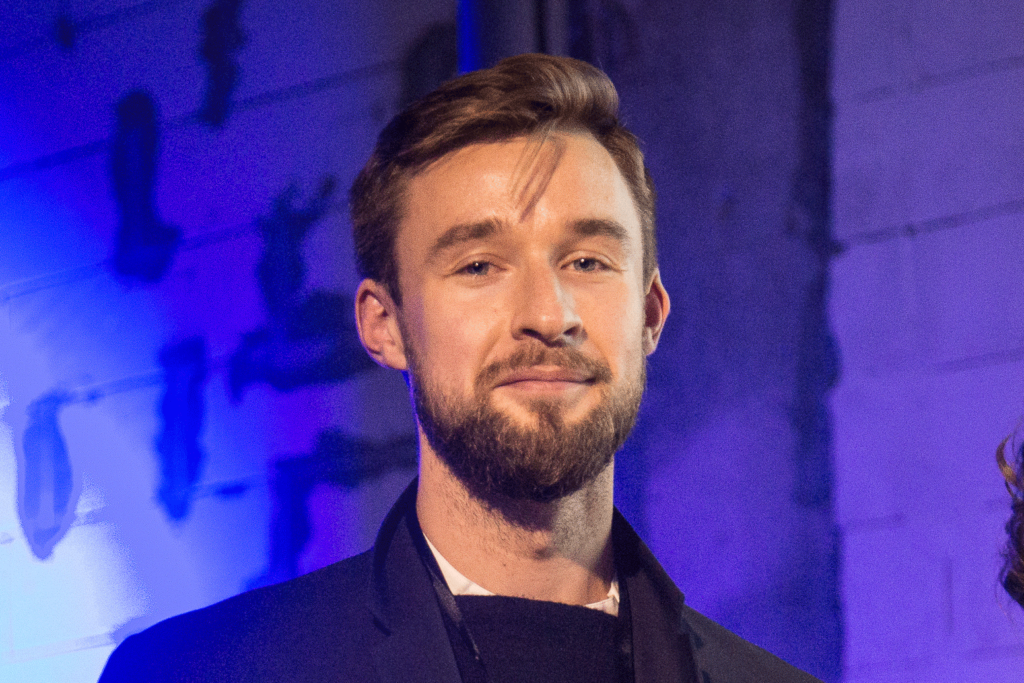
Bohdan Zhuk is a programmer for the Kyiv International Film Festival Molodist, Ukraine’s biggest film fest (47th edition to take place in 2018) since 2014. He’s the curator of its LGBTQ programme Sunny Bunny, which has been part of the festival since 2001 and is Ukraine’s oldest regular queer-themed event. Under his curatorship, the programme was expanded and reformatted into a competition of fiction features and non-competition screenings of documentaries and classic films, and developed partnerships with the country’s leading LGBTQ organisations, as well as Equality festival (held in several cities) and Kyiv Pride. With a master’s in linguistics and a background as translator, radio journalist and host, he also works as communications manager for the British Council in Ukraine, writes articles about cinema, and translates films for national releases (most recently David Lynch: The Art Life, Moonlight, etc.).
Franck Finance-Madureira
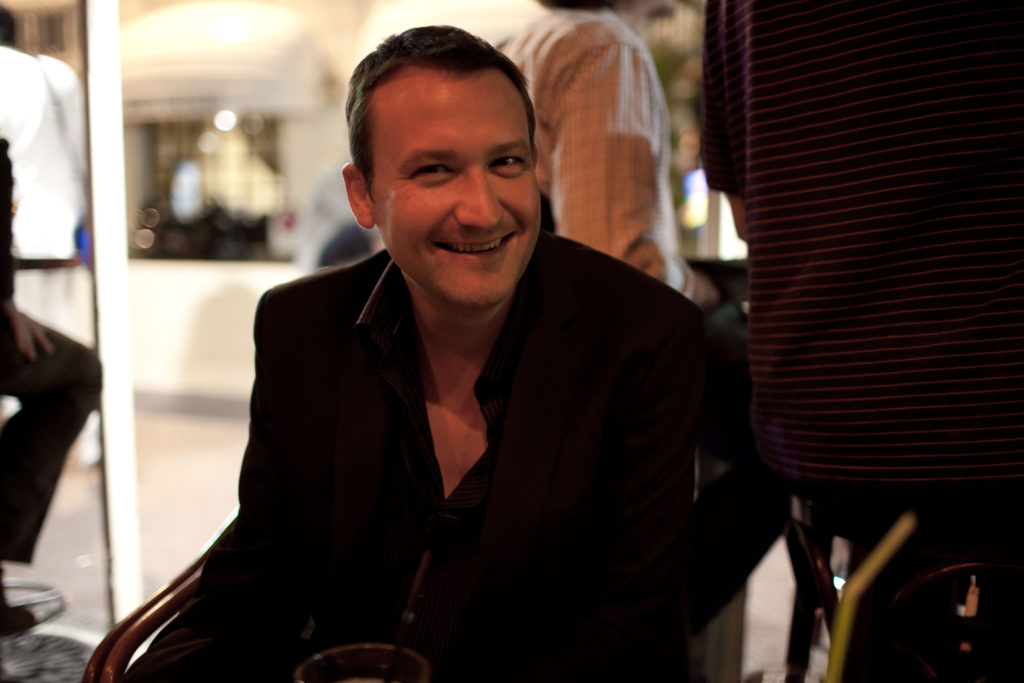
Franck Finance-Madureira is a french movie journalist based in Paris. He’s the co-editor-in-chief of FrenchMania, a website and a magazine dedicated to cinema and tv series through the lens of francophony. He is a member of French Syndicate of Cinema Critics.
In 2010, he created the Queer Palm, the LGBTQI award of Cannes Film Festival which baseline is “Open minded award since 2010”.
Marthe Djilo Kamga
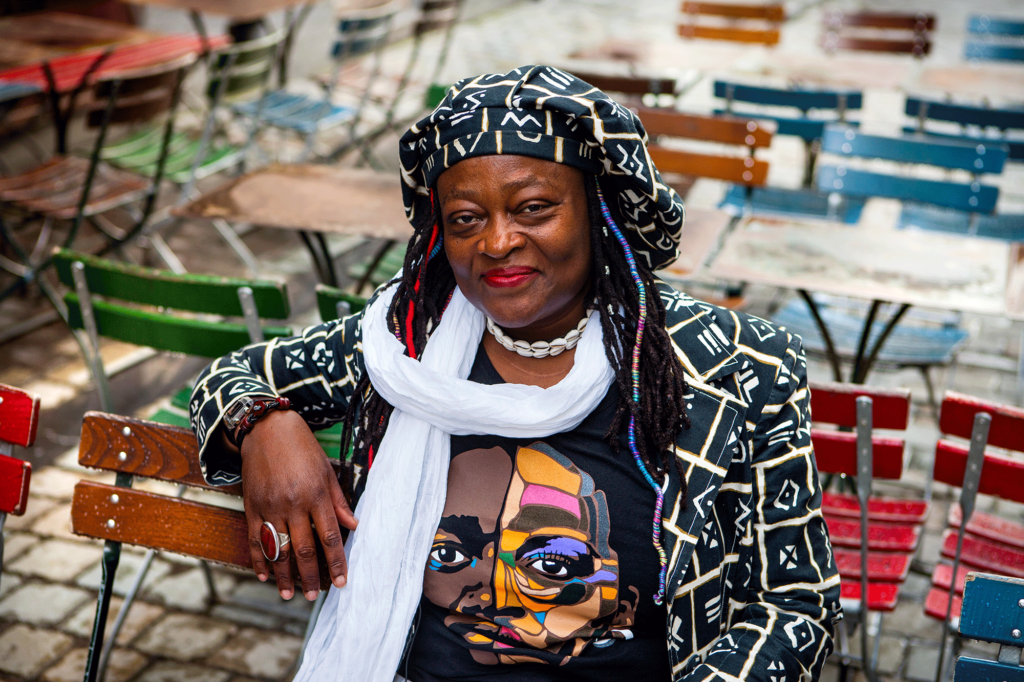
One of the founders and coordinators of the Massimadi Festival in Brussels, Marthe Djilo Kamga’s professional and personal career has always been driven by issues of anchors, vulnerabilities, multiple identities and equal opportunities. Recently, it is through artistic creations and cultural productions (cinema, performances, photos, etc.) that she tackles the questions of the reappropriation of public spaces and the production of images and archives by people in situations of invisibility. She says she is neither militant nor researcher. Enriched by a academic journey rather scientific and social, she defines herself as a thwarted artist in self-therapy. She touches everything, and constantly wonders if a single life would be enough to satiate all her inquisitiveness…
Among others, In 2009, Marthe also published in the collection of Cahiers de l’Université des Femmes a book titled : Quand les femmes aiment d’autres femmes: regard sur les homosexualités féminines au Cameroun.
In 2017, she co-wrote and directed a film : Vibrancy of Silence: A Discussion with My Sisters, the first part of Frieda Ekotto’s visual research project on Vibrancy of Silence: Archiving Images and Cultural Production of Sub-Saharan African Women.
Natascha Frankenberg
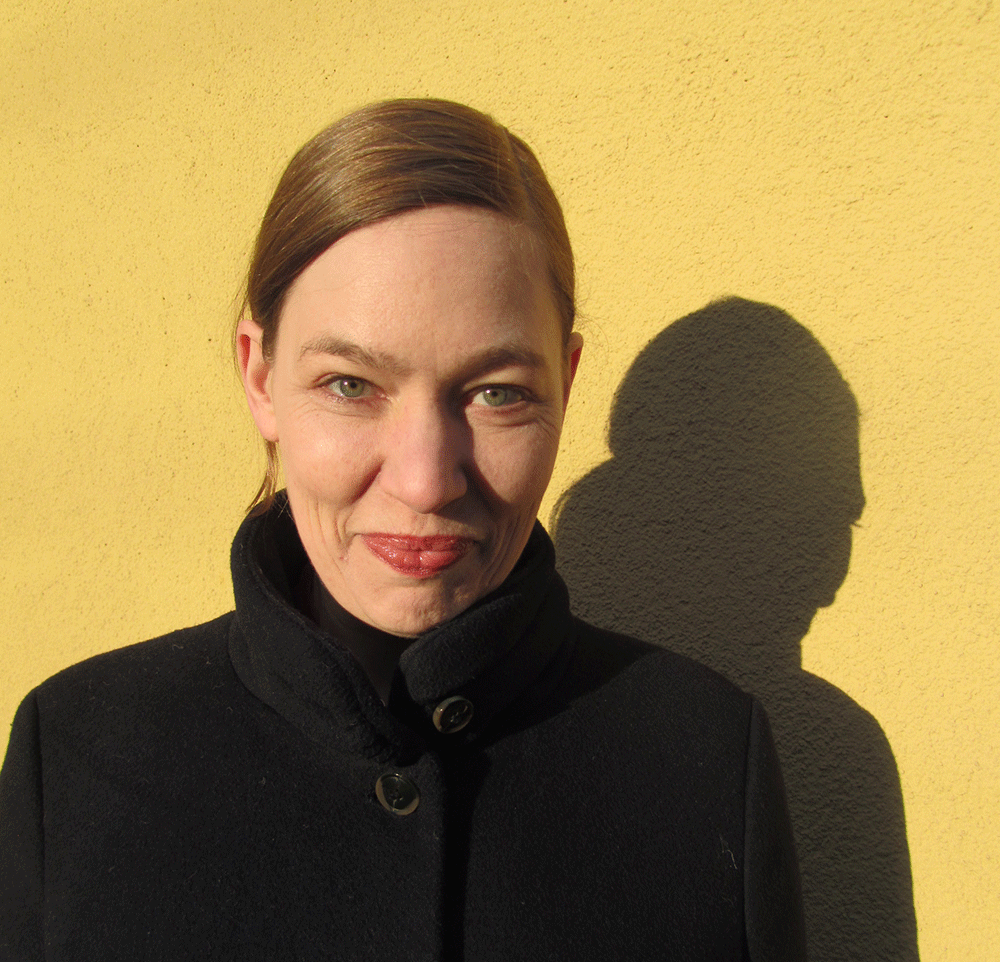
Natascha Frankenberg is the programmer of begehrt!, the queer film section of the International Women’s Film Festival Dortmund|Cologne. She is a film and media scholar and is currently doing her doctorate. Her PhD dissertation deals with the study of temporality in queer studies and in queer documentary films. She was a research assistant at the Institute for Media Studies in Bochum and a research associate at the Helene Lange College: Queer Studies and Intermediality: Art – Music – Media Culture at the Carl von Ossietzky University Oldenburg. Her article When and where will queer film have been? Not a Coming-of-Age Story is part of Dagmar Brunow and Simon Dickel’s anthology Queer Cinema which will be published for the Berlinale 2018 by Ventil Verlag. The volume Perverse Assemblages. Queering Heteronormative Orders inter/medially, co-edited by Frankenberg in collaboration with the Helene Lange Kolleg, will also be published in 2018.
Pecha Lo
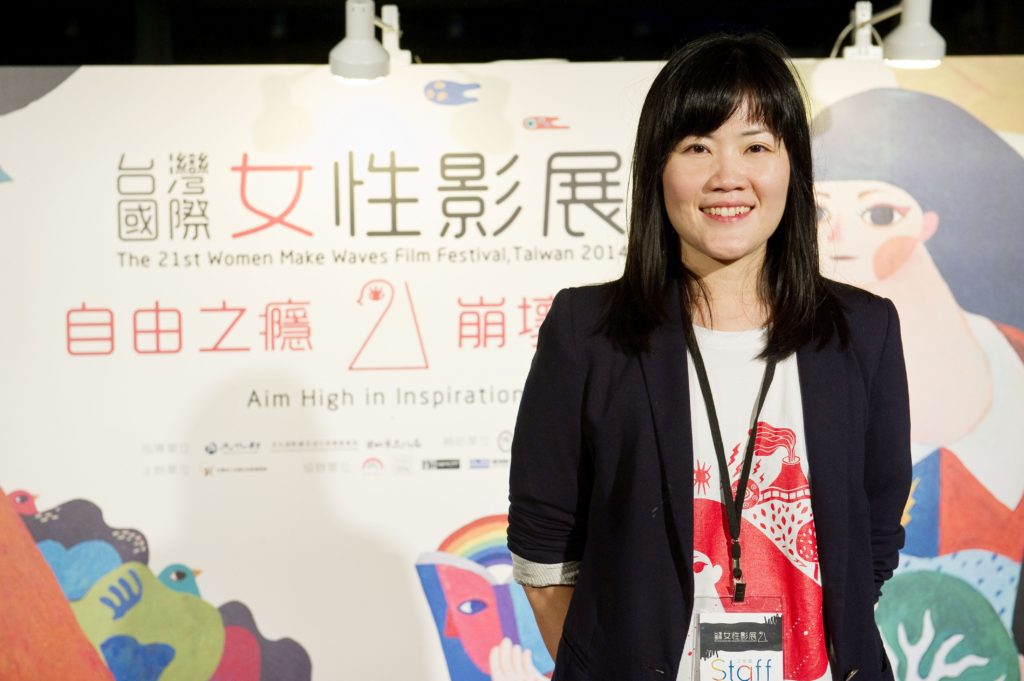
Pecha Lo hat ihren Master-Abschluss in Filmgeschichte und visuellen Medien an der Birkbeck University in London gemacht, wo sie fachliches Wissen von Laura Mulvey erlernte und starkes Interesse an Film und Theorien über Feminismus und Gender Equality entwickelte. Aktuell arbeitet sie als Generalsekretärin in der Taiwan Women’s Film
Association und ist Festivalleitung des internationalen Women Make Waves Film Festival in Taipei, Taiwans drittgrößtem Filmfestival und Festival nur für Frauen. Seine Queer-Sektion ist einflussreich, gilt als Kult und hat über die letzten 24 Jahre massiv an Zuschauerschaft gewonnen. Pecha hält auch Vorlesungen über Film an Volkshochschulen, ist freischaffende Filmkritikerin und tritt für die Bewegung von LGBT-Rechten in Taiwan ein. In der Vergangenheit war sie in der Jury des Seoul International Women’s Film Festivals (2014), des Network of Asian Women Film Festivals (NAWFF-Award, 2013-2017), des International Women’s Film Festivals Dortmund | Cologne (2017) und des London Feminist Film Festivals (2017).
Roisín Geraghty
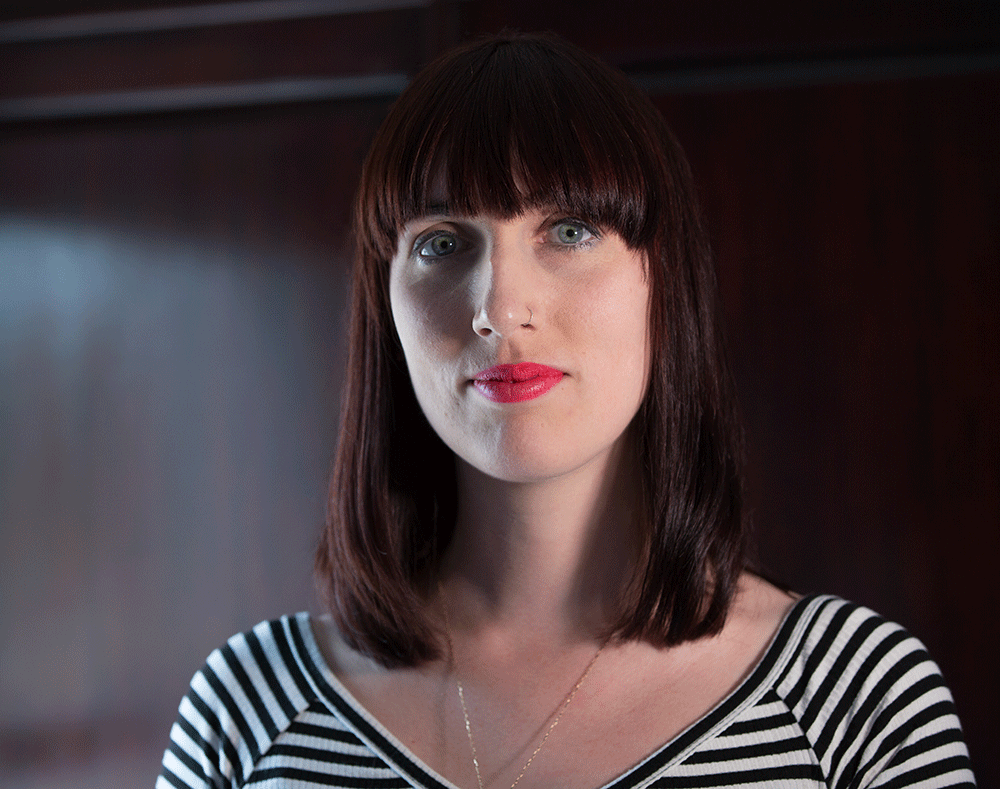
Roisín Geraghty ist Producerin, Programmerin und Festivalmanagerin mit Erfahrung in Film- und Festivalproduktion sowohl in Irland als auch den USA. Aktuell ist sie Filmprogrammerin für das GAZE International LGBT Film Festival. In der Vergangenheit arbeitete sie für das Cork Film Festival, das Galway Film Fleadh and Guth Gafa International Documentary Film Festival in Irland wie auch das Independent Filmmaker Project (IFP) und das Tribeca Film Festival in New York. Sie interessiert sich für die Umsetzung, Kuration und Verbreitung von unabhängigen Spiel- und Dokumentarfilmen und engagiert sich für sowohl kreative als auch wirtschaftliche Bereiche von Film.
